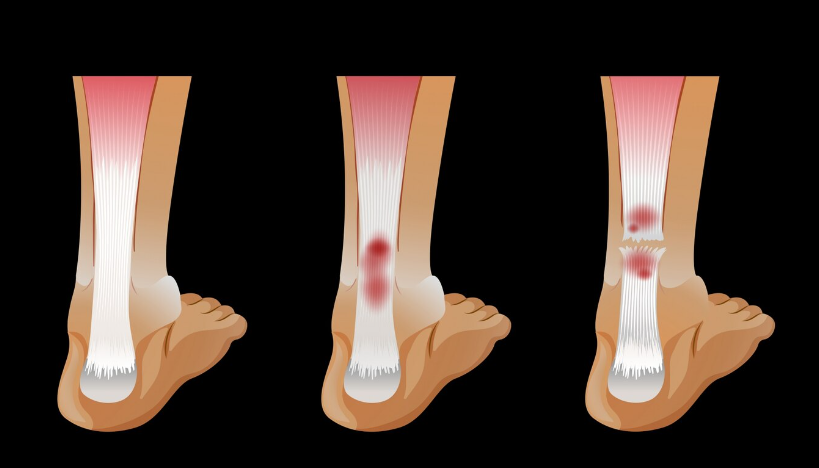
Complications of Varicose Veins: Understanding the Risks
Introduction: Varicose veins, though often seen as a cosmetic concern, can lead to complications if left untreated. Understanding these potential risks is crucial for maintaining your health. Let’s delve into the complications of varicose veins in simple terms.
1. Leg Ulcers: One of the most serious complications of varicose veins is the development of leg ulcers. When varicose veins cause chronic swelling and skin changes, it can lead to the formation of ulcers on the legs, particularly around the ankles. These ulcers can be painful, slow to heal, and prone to infection.
2. Blood Clots: Varicose veins can increase the risk of developing blood clots, known as deep vein thrombosis (DVT). When blood pools in the veins, it can clot and block blood flow, leading to potentially dangerous complications if the clot breaks loose and travels to the lungs, causing a pulmonary embolism.
3. Bleeding: In some cases, varicose veins may rupture and bleed, particularly if they are close to the skin’s surface. While this is rare, it can be alarming and may require medical attention to stop the bleeding and prevent further complications.
4. Skin Changes: Persistent swelling and inflammation associated with varicose veins can cause changes in the skin, including discoloration, thickening, and hardening. These skin changes may be uncomfortable and can affect your self-esteem.
5. Chronic Venous Insufficiency: Varicose veins can also lead to chronic venous insufficiency, a condition in which the veins fail to efficiently return blood to the heart. This can result in symptoms such as leg swelling, pain, and fatigue, and may require ongoing management to alleviate discomfort and prevent complications.
Conclusion: While varicose veins are often considered a cosmetic issue, they can lead to serious complications if left untreated. Understanding the potential risks, including leg ulcers, blood clots, bleeding, skin changes, and chronic venous insufficiency, is essential for maintaining your health. If you have varicose veins or are experiencing symptoms, consult with a healthcare professional for evaluation and treatment.
To seek medical advice, always consult a Doctor.
Here are our recommended experts.
To read more on Varicose veins. Click Here


